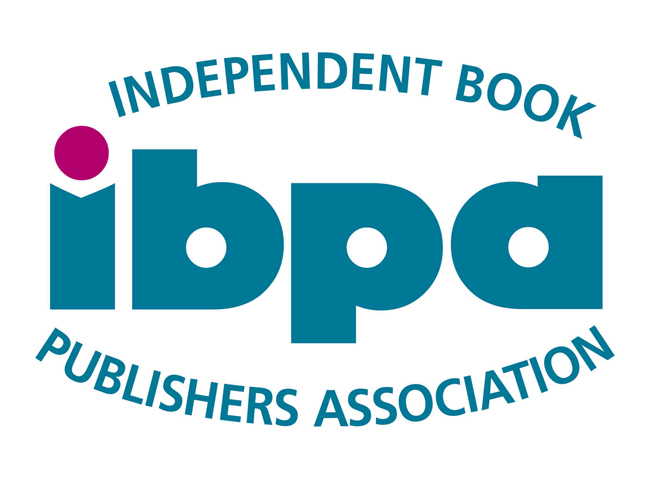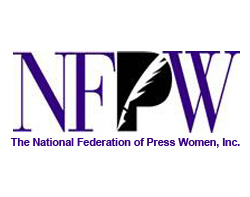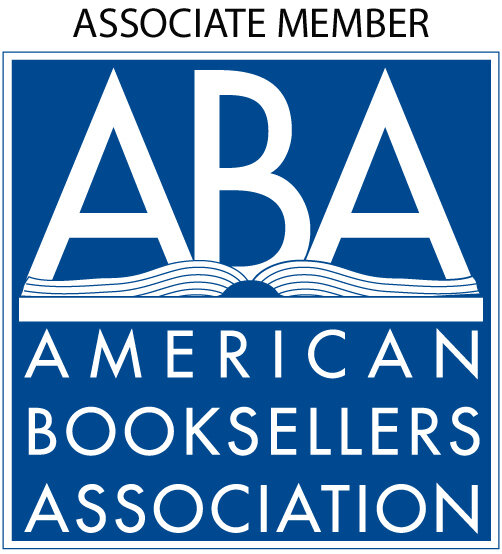Time to Shine
/
by Joanne Vassallo Jamrosz
During the next several months, high school students across the country will perform in their annual musicals. Auditions play a major role in high school musical productions, but they can be scary and intimidating. Students, here are some tips to help you survive your upcoming auditions, and yes, even have some fun.
The musical is announced. The audition dates are set. For months, you’ve been singing show tunes with your peeps. You secretly wonder what it would be like walking across that stage with the spotlight on you. Congratulations, the theater bug has bitten you. This is it. This is the year! You’re going to take part in your high school musical. Go for it!
I can’t tell you it will be easy. I can’t tell you that you won’t have to put a ton of work or hours into the production. I can tell you that you will be in for one of the best, and most fun rides ever, guaranteed. If you’re a theater newbie, there are a few tips that can make your first high school musical experience a little easier, and a lot less scary. Because after all, theater and performing is fun, but admittedly … sometimes a little scary.
I’ve learned, talking to students over the years, that the audition process is probably the scariest. But there is a way to get through that too, and make it fun. Yes, I did say fun.
Once the show‘s decided and audition dates set, your director will post a list of songs from the musical that you will be asked to perform at auditions—one for male leads and one for female leads. They will also provide a handout with a short dialogue from the musical, as well. This is to judge your acting ability.
Get the handouts as soon as possible when you sign up for auditions, and immediately get familiar with the music and the show. Let’s say, for instance, that your show is The Sound of Music. Watch the movie, or better yet, check the numerous high school productions posted on YouTube. Also, familiarize yourself with the show’s score.
Listen to the soundtrack. Always make sure it is the stage version, not the film. Film versions of musicals tend to be a little different, with different songs. Especially, get comfortable with the audition song or songs.
Occasionally, a director will have you sing a given selection from the show with no advanced warning what the song is. For instance, if your show is Mary Poppins, he may have everyone sing a few bars of “Chim Chim Cheree.” That’s why it’s important to know the show’s score, so you’ll be familiar with the songs.
I've worked in the sport of figure skating for over 20 years. One thing that always amazed me about our skaters is how they can easily skate a program on National, International, or Olympic ice and manage to pull it off ... most of the time. Nerves are there, but the skaters who have the best success are the ones who know their programs backwards, forwards, and upside down. Many will say they can pretty much see their performance from beginning to end, or can even "walk" through it off ice. So when they hit the ice, the muscle memory kicks in and they can skate a decent program.
The same is true for high school musical auditions. The better prepared you are, the more you know your song, your dialogue, and anything and everything you can about your upcoming musical and soundtrack, the better off you will be, and the better you will be to handle the nerves.
When you sign up for auditions, the director may ask you what part of parts you would like to audition. If you are a newbie, here is my first piece of advice: You can mention a particular role if you have one in mind, but also note that you would be open to playing other roles. I mention this because a lot of high school students limit themselves and think, if I don’t get that part I don’t want to be in it. Nothing is further from the truth and if you really want to enjoy and embrace your high school musical experience, you will take and embrace any role given to you, including ensemble. But for now, it’s ok to dream big and shoot for a lead or supporting lead.
Practice, practice, and practice that song leading up to auditions. If you study voice, have your teacher work with you on your number. If you are working through this on your own, you may want to have someone accompany you on the piano, as it gets closer to auditions day. A friend who plays, someone in your music department at school or local college students are often willing to work with you. I mention this because you will probably be singing with piano accompaniment at the audition.
You can also search online for musical theater piano accompaniments, used for audition purposes. YouTube is a good place to start. Some directors may have you sing a cappella (no accompaniment). Word to the wise, make sure you know the accompaniment the director will use so you will be as prepared as you possibly can.
For dialogue, you may or may not have to memorize your piece, but again, this is worth clarifying, too. I know of a couple directors who require memorization (this clues them in on to how well you would be able to handle pages of dialogue for the final show). Want to stand out in your audition? Memorize the scene. It shows you really want a role in this musical.
Study the character that you would like to play. Here again is where a movie or watching a stage production comes in handy. No doubt, you’re familiar with the musical, but if you’re not, you’ll want to learn a little more about it and the possible characters that speak to you.
Again, using The Sound of Music as an example, if you’re auditioning for Maria you want to understand her from beginning to end, a shy, postulant who had a zest for life at the beginning to a strong woman who put her family first at the very end. Understanding your character will help you deliver your best audition ever and it will show your director that this role is you, and that you can act.
Another acting tip, make sure to have someone listen to your dialogue and make sure you speak clearly and enunciate. No mumbling and please, please, no looking down. It’s a nerves thing but it will look awful, and when you are looking down and talking it’s hard to hear you.
Weeks before auditions, start taking care of yourself. Rest that voice. Do not get overtired or overdue the extracurricular activities. Eat well and go to bed early. You don’t need a cold, flu, or upper respiratory infection to trash your audition. Don’t chance it. The better you feel, the better you’ll perform.
The big day is here…
Fast forward to audition day. You've been practicing for weeks. You know every monologue line, and everyone in your household including the family dog can sing your audition song. That's how many times you've been practicing. You are now ready to show your high school musical director what you've got.
The day of auditions is usually after school or sometimes early on a school night. Make sure you’re on time and dress neatly and comfortably. Bring a pair of shoes or sneakers you can move in. Often, the choreographer is present and will put you through some small dance steps to see how well you move.
Don’t panic if you’re not the world’s best dancer. Again, directors take into account the entire package and you will learn dancing and moves along the way. Don’t believe me? I judged a high school production of 42nd Street a few years back and up until musical, none of these kids knew what a pair of character shoes looked like. They tap danced their hearts out and got a production number nomination.
When you arrive at auditions, fill out your paperwork and list all theater or performing experience. Even if it’s just piano or voice lessons, dance lessons, recitals or maybe you volunteered for a community theater production. Even if you’re a first timer, you can find things to list for theater experience.
You will also list the part or parts you’re auditioning. Your director may also ask what role or roles interest you. Go for the role you want, but be open. What may look like an obvious role to you may look differently to your director. They have been doing this a long time and may see something in you that thoroughly fits another character. Case in point, during my high school production of The Sound of Music, a friend wanted the part of Maria. She got the Mother Abbess. Why? She could hit an amazing high C. Think “Climb Every Mountain.” Always, always be open.
Act your heart out. Many of the dialogue snippets the director chooses are very emotional scenes. Take the scene and run with it. Also, I know this is hard, but look right at your director when you’re reciting. Again, many students memorize the dialogue so they can enhance their acting experience and impress the director that they can memorize lines.
Try not to be nervous. I know, easier said than done. If you are active in your high school music department through chorus or band, you probably already know your musical director or directors. It’s just Mr. Johnson. It’s just Mrs. Smith. A familiar face. During auditions you will come in, sing, and read for the director, music director, and choreographer.
Don’t get flustered when you see them sitting at a table, taking notes. Again, they are looking at you for several roles—not just the one you are reading for. Lots of writing doesn’t mean they hate you. I learned this during a community theater audition for Gypsy. I was in my mid 20s and looked 16. The director was writing tons of notes on my page. I thought for sure they hated me. When I finally saw my sheet, he wrote, “Wow, she could play any of the teen girls. Great face.” You never know.
I will also tell you that your director is glad to see you. They want you to do well. They want people involved in their shows each year and love when new people join the musical production because the high school musical career is a short one—four to six years if you begin in 7th grade. As seniors and last year’s leads graduate, there is always the need for new performers. So they will be rooting for you. You need to root for yourself.
My best audition advice? Know your director’s drill, the song or songs they want to hear, the dialogue and how they conduct auditions. The more prepared you are, the better. So, do your very best and show them what you’ve got.
Joanne Vassallo Jamrosz is a writer with U.S. Figure Skating and author of the Skating Forward book series, a collection of inspirational figure skating stories for young adults. She is also a current high school musical awards adjudicator and author of My First High School Musical: From Auditions to Opening Night and Everything in Between.
Photos of Oneida, NY students performing South Pacific and Madison, NY students performing State Fair
courtesy of Joanne Vassallo Jamrosz.









